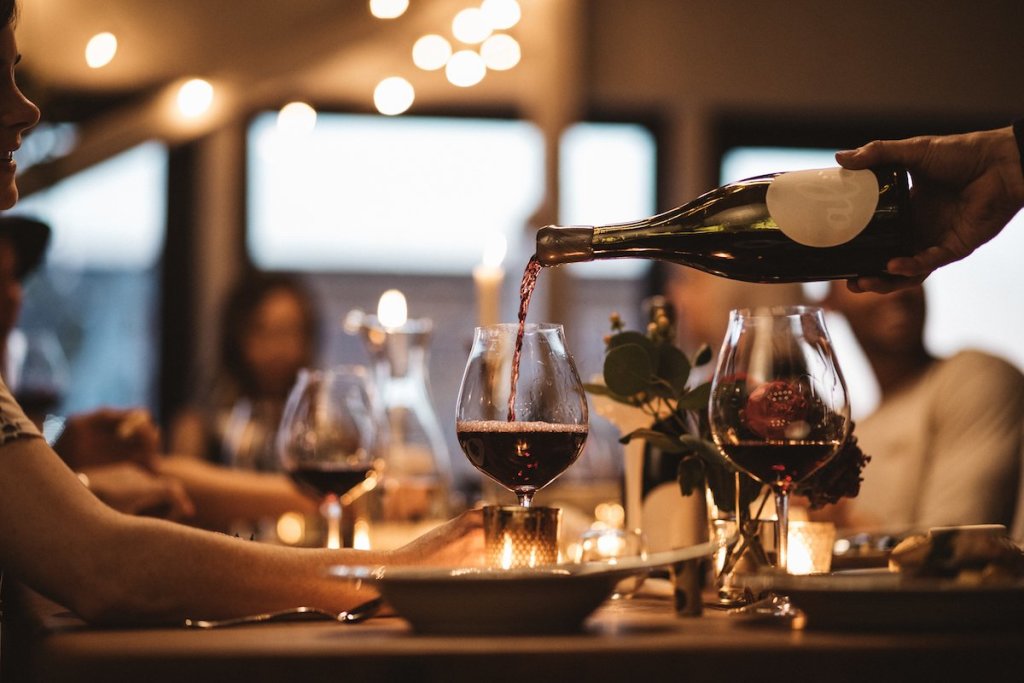The center of what a sommelier does is really nothing more than drinking ridiculous amounts of great wine. Ten years into my career I can confidently say that I have tasted more great wine than most consumers will in their entire lifetime.
My job is orchestrating what has become a worldwide tradition when one sits down to a great (or even mediocre) meal—answering that eternal question: “What wine should we drink tonight?”
I quickly address the “I’m having steak/she’s having fish” issue; a situation that is the most frequent test of a sommelier’s skill. Don’t be surprised if you end up drinking a Pinot Noir (it’s the safest way out of this dilemma). The honest answer is, “I’m sorry, they haven’t invented that wine yet.”
It’s a tough job, but someone has to do it.
In order to truly appreciate the magic of food and wine coming together, we must drill deeper, down to the reality of what really happens in a pairing. Any honest sommelier will tell you that finding the true wine companion to a dish takes time, effort, and once again lots of drinking. Here are a few tips to help when you play ‘sommelier’ or just want to actually know what you’re talking about as you sniff and swirl.
What is the best temperature to serve wine?
It really is wine specific. Most people drink their white wines too cold. Don’t get me wrong, nothing pleases me more than a Loire Valley Sauvignon Blanc buried in a bucket of ice on a hot summer afternoon. The problem with serving whites too cold is you mute the aromatics. Anything colder than 45 degrees is just stopping the wine from being all it wants to be. I usually pull a white from the fridge 10 minutes before I am going to drink it and rarely put it back. For reds I drink them right from my cellar, which is a constant 57 degrees. Having that slight chill can tame the alcohol that can become an overpowering element, especially wines from warmer climates like the Southern Rhône Valley of France.
When should I decant a wine?
Decanting a wine (red or white) that is less than 10 years old can be most beneficial. Although I rarely decant Pinot Noirs at all, I don’t want to rush them along and risk missing the magic.
What should I do if I don’t finish a bottle of wine?
I personally don’t have this problem often, but on the rare occasion that it happens I simply put the cork in the bottle and put it in my fridge. Yes, even red wines. Keeping it cold will prolong the oxidation, and you may even notice that the wine tastes better the next day. If it is red, just pull it out a half an hour before you want to drink it and it will come up to a perfect temperature.
My advice is simple. Don’t get stuck in a rut. Try new wines and keep track of the ones that turn you on. Create relationships and dialogs with Sommeliers and Wine Merchants. The more they know about wines you like or dislike the better they will do at getting you new wines you will love. Most importantly don’t be afraid to ask questions…it’s the only way to find out the answer.




